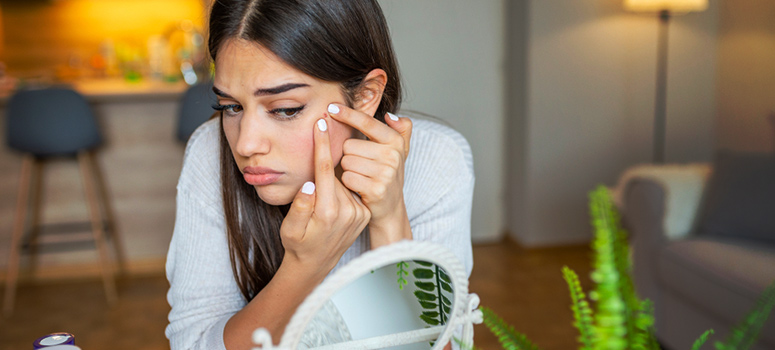What is Acne?
Your skin has numerous small openings called pores. Sometimes, external factors such as oil, dirt, dead skin cells, or bacteria clog these pores, which results in an eruption of pimples. One such condition when the skin gets affected by spots regularly is called Acne.
Acne commonly appears on the face, forehead, chest, shoulders, and upper back. These areas have the most oil-producing (sebaceous) glands in the body. People who have oily or acne-prone skin are at a higher risk of developing Acne.
Acne may appear in the form of pimples, whiteheads, or blackheads.
Whiteheads appear when the wall of the hair follicle bulges. Blackheads occur when the plug of the hair follicle remains open, causing it to darken. A blackhead looks like dirt stuck in the pores of your skin.
Pimples appear when the follicles get blocked and become inflamed. A pimple looks like a bulged red spot with a white center. The pores are supposed to be free of dirt or bacteria as these can irritate the skin. The blockage of pores is one of the most common causes of pimples.
What are the causes of Acne?
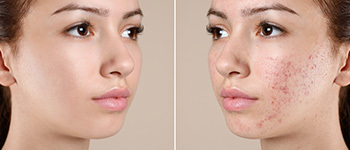
- Excess oil production
- Inflammation
- Bacteria
- Genetic factors
- Blockage due to dead skin cells or dirt
- Greasy cosmetics
- Occupational factors
Here are a few factors that worsen the Acne:
-
- Medications
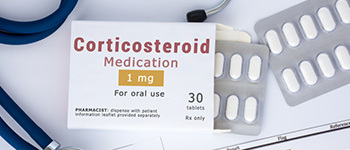
-
- Hormonal Changes
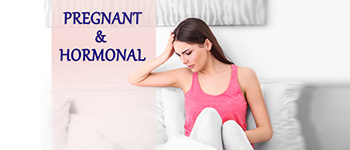
-
- Diet
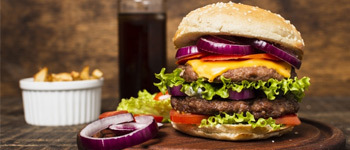
To balance out the effects of these food items, you can consult a dietitian. He/She can help you with which food items to consume to ensure the Acne does not worsen.
-
- Stress
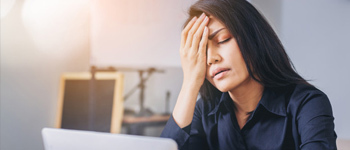
What are the different types of Acne?
-
- Papules

You may be tempted to squeeze, touch or pop the pimple, but don’t. Once ruptured, it can lead to the spread of the swollen red bump. It may also lead to scarring on your skin.
-
- Pustules

You may get confused between a pustule and whitehead. But a simple way to distinguish is through appearance. Pustules are inflamed and look red and swollen. Whiteheads are non-inflammatory and rarely appear red or painful.
-
- Cysts

If you develop cysts, you must immediately consult a dermatologist as the effects of cysts can last for weeks or months.
How to get rid of Acne?
If you have pimples or Acne or have developed them in the past, you must be wondering how to get rid of them. The treatment for Acne or pimples depends upon its severity. You can try out certain medications, soaps, lotions, creams, gels, and ointments. Ensure you try the products that suit your skin type. If your acne condition is severe, you may want to consult a dermatologist.
Here are a few remedies you can use for your Acne or pimples:
-
- Honey and Cinnamon Mask
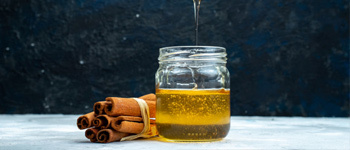
-
- Use Aloe Vera
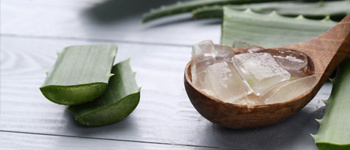
-
- Exfoliation
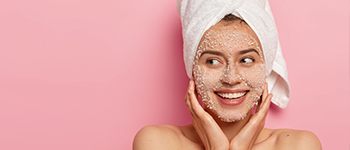
Exfoliate your skin as and when needed. However, ensure you don,’t overdo it, as it may irritate the skin.
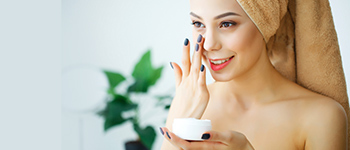
- Wash your face, at least twice a day, with a mild face wash to remove the dirt, bacteria and excess oil.
- Use face creams and lotions that suit your skin type. If you have sensitive skin, check the ingredients on the product before purchasing it.
- Avoid touching the pimples or Acne; it may cause infection and spread further.
- Drink plenty of water and try to avoid greasy or junk food.
If you feel the Acne is getting worse, do consult your dermatologist immediately. Ideally, just like your health check-up, you should also get your skin checked regularly. Skin and hair health is equally important as your overall health.

